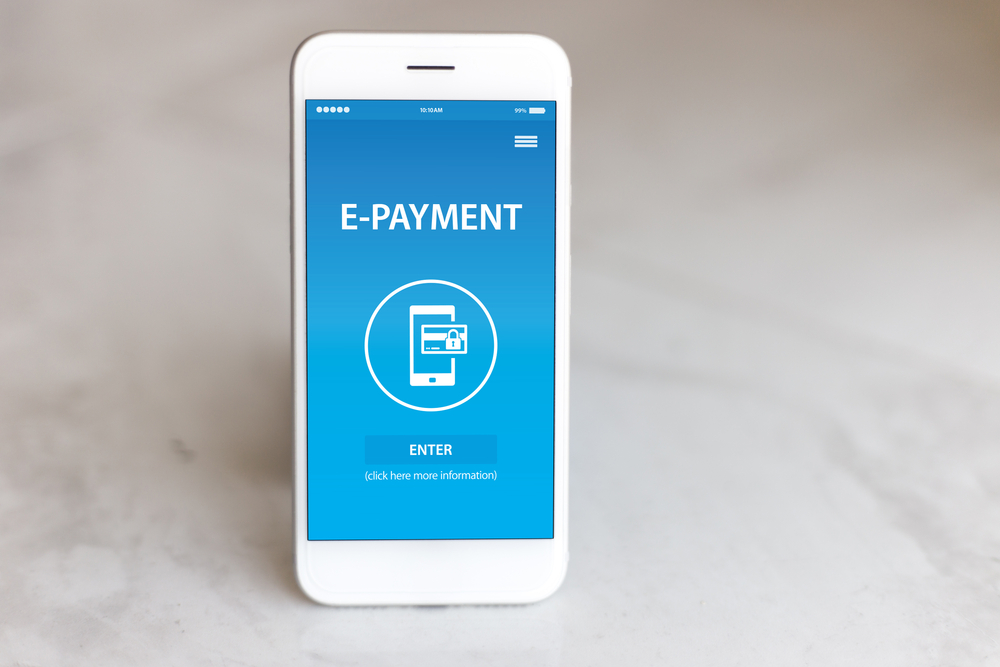Bank Indonesia restricts four unlicensed e-money firms, including ’Shariah-compliant’ PayTren
Jakarta – Bank Indonesia (BI), the country’s central bank, has given e-money and e-payment services PayTren, TokoCash (Tokopedia), ShopeePay (Shopee) and BukaDompet (Bukalapak) 45 days to file their license registrations as electronic money operators, Pungky Purnomo Wibowo, BI Payment System Director, told Salaam Gateway.
BI restricted the services of the four platforms on October 1 as they were still not registered as electronic money operators, said Wibowo. Only services related to e-money such as deposit transfers and remittance transfers have been restricted while payments such as those for utilities bills are still allowed.
According to Wibowo, the restrictions were necessary to protect consumers. “We are really concerned about the security system and now we’re trying to manage the licensing process to protect the public. New operators should pass 14 requirements, then we will issue their license after 45 working days,†said Wibowo.
To provide e-money products and services, a company must be licensed by the central bank as the national payments system authority.
Based on central bank regulations, e-money businesses should secure a license from BI for various payment system service providers such as: Principal, Issuer, Acquirer, Clearing Operator and Final Settlement Operator.
Out of the 26 companies licensed with the central bank as electronic money operators 11 are banks and the rest are non-bank institutions, according to a list that was last updated on September 14 on BI’s website.
PayTren co-founder Yusuf Mansur told Salaam Gateway in a telephone interview that it applied for the electronic money operators license in 2014 when the mobile payment start-up was first launched. “We were very excited when the central bank opened the application process. We completed the filing, including technology information and finance audit. We adhered to the regulations: no top-up for PayTren’s new users and we limited deposits for old users at 10 million Indonesian rupiah ($740),†said Mansur.
“From the beginning, we were very cooperative with the central bank. We followed every rule. We indeed need e-money top-ups for closed loop environments so the company can run smoothly,†added Mansur. A closed loop mobile payment system refers to a payment device, such as a store loyalty card, or digital wallet to which the linked payment is merchant-specific. In contrast, in an open loop payment system money in a digital wallet can be used at multiple merchants.
Without specifying details, Wibowo told Salaam Gateway that BI did not approve PayTren’s application.
REGULATIONS
BI first introduced regulations for e-money in 2009 (PBI No. 11/ 12/ PBI/ 2009). They went through two rounds of revisions, in 2014 and 2016, to keep up with developments in the digital economy.
BI deputy governor Mirza Adityaswara told local press on October 3 that the growth of e-commerce businesses was faster than the development of regulations. The latest regulation, PBI No. 18/ 17/ PBI/ 2016, does not consider more sophisticated instruments such as crypto currencies.
The April 2014 revision of regulations addressed mobile e-money transfers and allowed non-banking institutions or individuals to apply for the license.
SHARIAH-COMPLIANT
Out of the four e-money platforms whose services have been restricted by the central bank pending license applications, PayTren is the only one that has claimed to be Shariah-compliant. In June this year, the company told Salaam Gateway it was waiting on a license from the Financial Services Authority (OJK) to make the platform Indonesia’s first Shariah-compliant, mobile, peer-to-peer (P2P) lender.
PayTren’s active user base has increased from 600,000 in 2014 to 1.4 million in 2017. It handles 300,000 transactions per day, with total value reaching more than 5 billion Indonesian rupiah, according to the company. Â
Its services include bill payments to energy companies for utilities, telecommunication companies for mobile phone services and internet services, as well as purchasing train and flight tickets.
PayTren is not the only company jockeying to be the first Shariah-compliant P2P lender in Indonesia. Investree claims to be the nation’s “pioneer P2P lending marketplace.†The start-up was formed in May 2016 and applied for a license to operate as a P2P lender from the Financial Services Authority in May 2017. However, Investree does not offer e-payment services.
($1 = 13,516 Indonesian rupiah)
© SalaamGateway.com 2017 All Rights Reserved
Â
